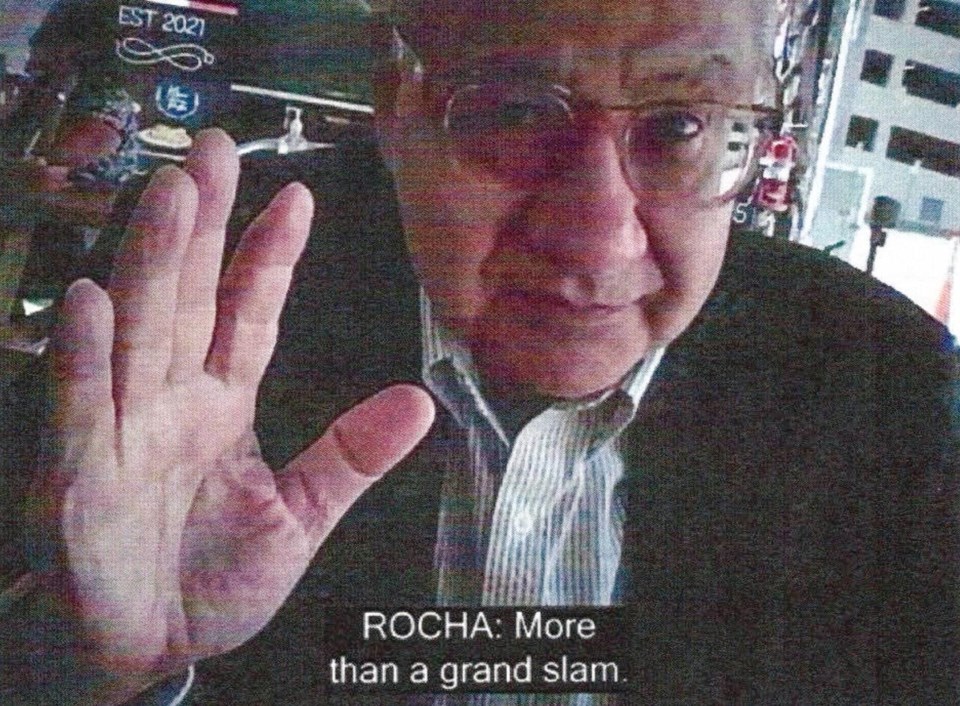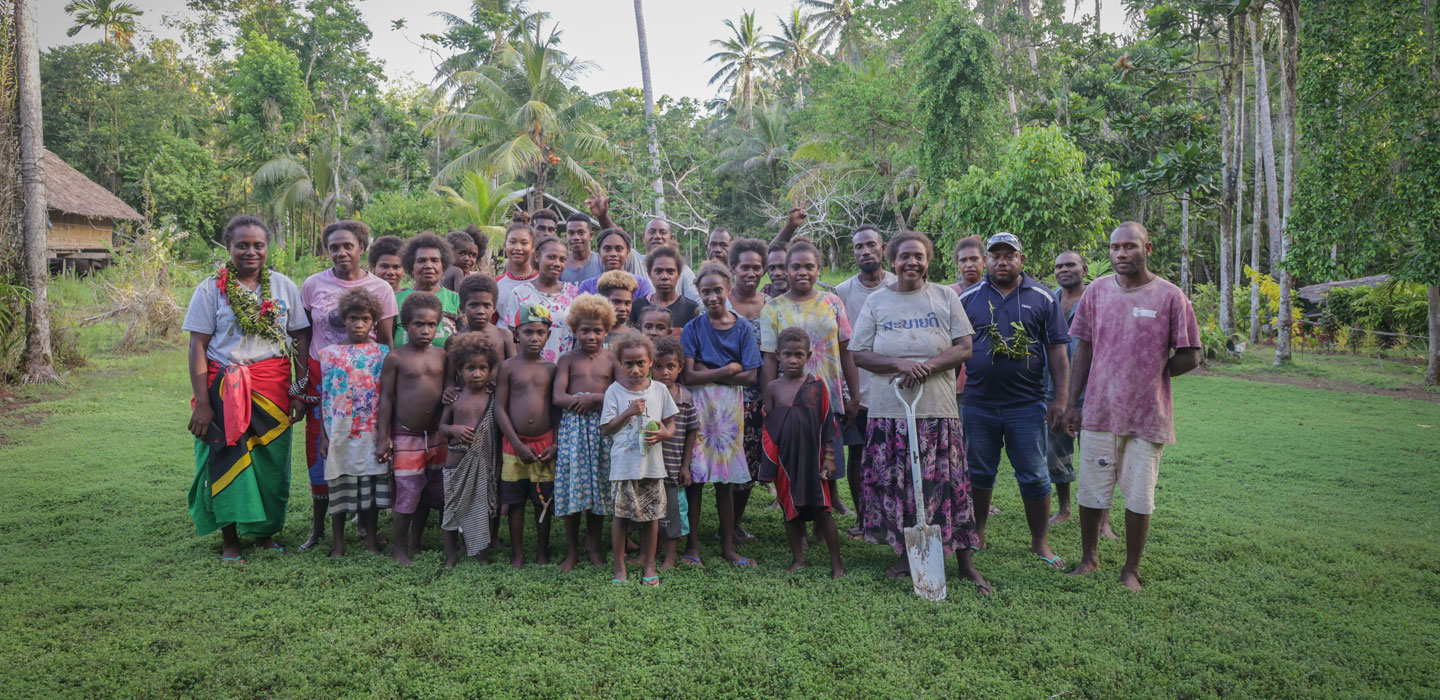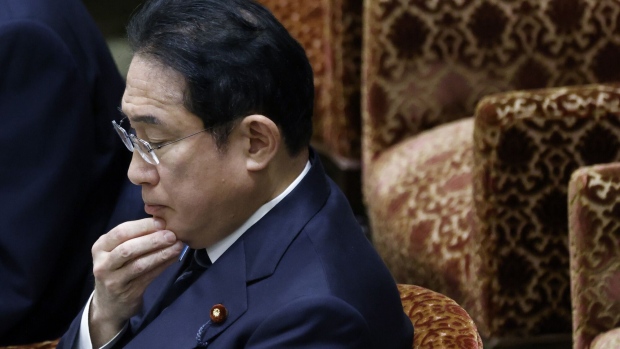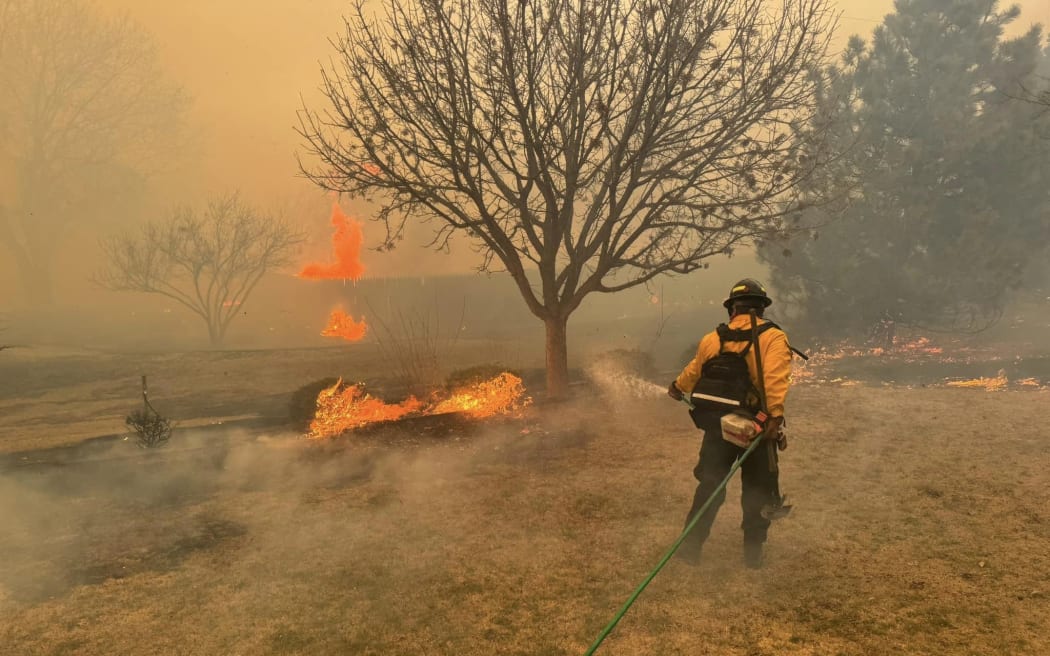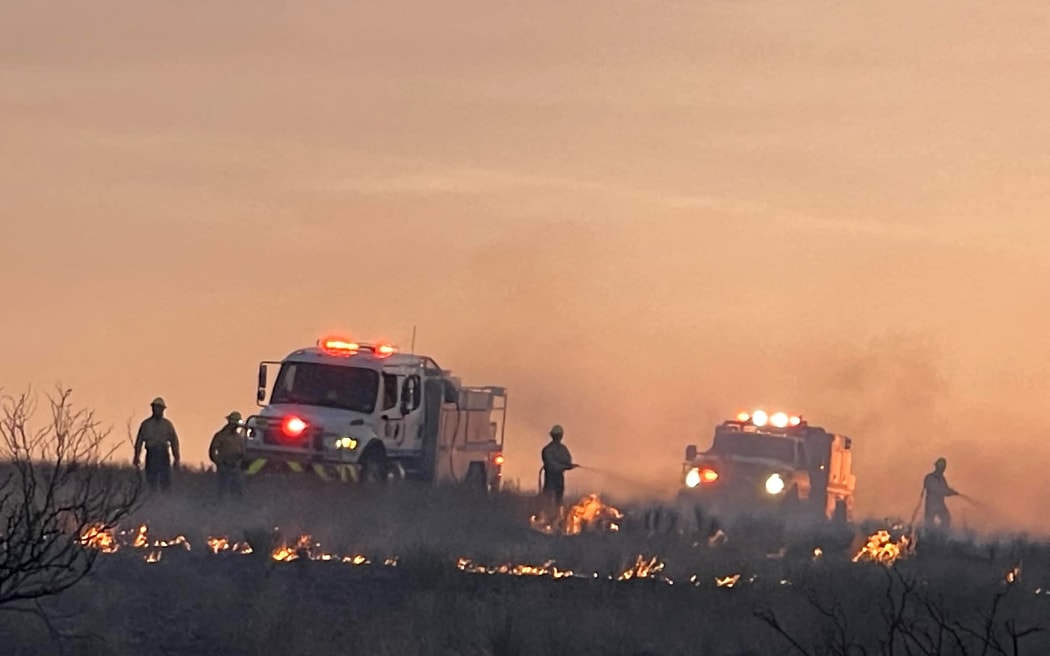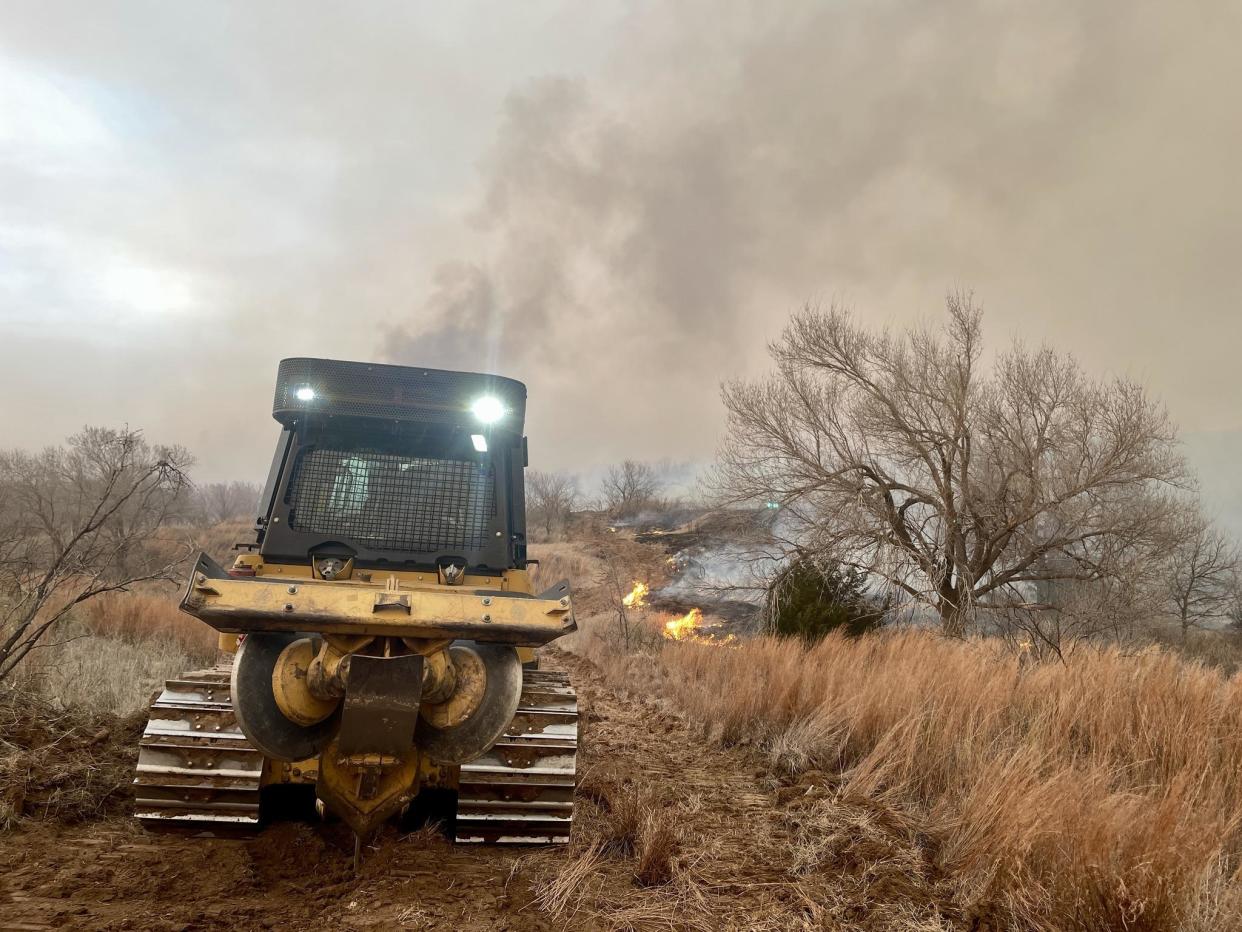FASCIST XENOPHOBIC THUGS
Far right makes gains in Israeli municipal elections
Far-right and ultra-religious parties won key local elections and retained controversial mayors.
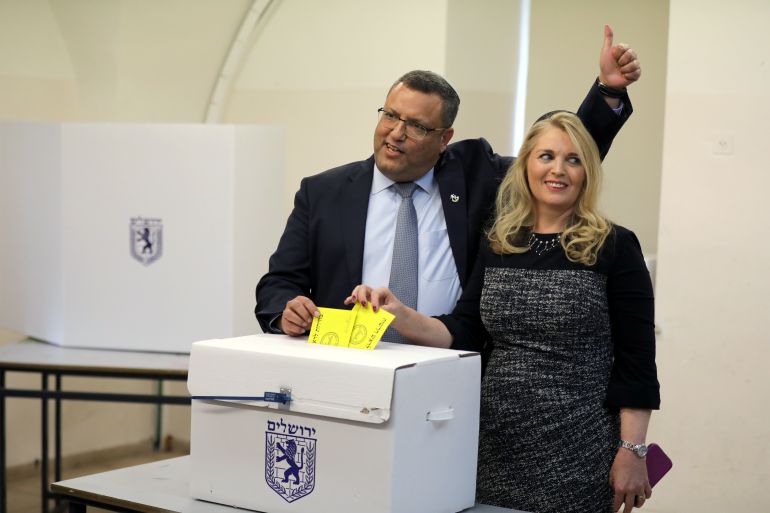
Occupied East Jerusalem – Far-right and ultra-orthodox Zionist parties made significant gains in Israel’s municipal elections this week, raising fears among secular Israelis and Palestinians in Israel.
Analysts believe that liberal freedoms could be threatened in some cities and that discrimination against Palestinians – already having risen acutely following Hamas’s October 7 attack – could grow even more.
KEEP READING
list of 3 itemsIsrael holds municipal elections; war on Gaza affects turnout and mood
Israel approves plans for thousands of illegal settlement homes
‘We resist silently’: Many Palestinians to boycott Israel’s municipal vote
Jerusalem saw one of the largest victories for Israel’s far right, which captured a majority of local municipal seats. Centrist mayor Moshe Leon won a landslide victory to remain mayor.
But Leon will be at the mercy of the far-right bloc in the municipality, which could lead to significant tension with Jerusalem’s roughly 362,000 Palestinian residents.
“The municipal results are highly significant in disclosing ongoing trends,” said Daniel Seidmann, an Israeli attorney who specialises in legal and public issues in Jerusalem. “Indeed, the ultra-orthodox or extreme right wing won a majority, but they pretty much ran things [in Jerusalem] already.”
The majority of Palestinian residents in Jerusalem live on the east side of the city. The global community has considered East Jerusalem occupied territory ever since Israel annexed the city after capturing Arab lands in 1967. Since then, Palestinians in East Jerusalem have been permitted to participate in local elections, but not in a national vote.
However, most Palestinians in East Jerusalem boycotted the municipal elections to protest the occupation, as they have traditionally done in the past.
Liberal strongholds
In Tel Aviv, residents re-elected Ron Huldai for another term as mayor. Huldai has been the city’s chief executive for more than two decades, indicating that most voters were looking to protect liberal norms and spaces, according to Oren Ziv, an Israeli commentator and journalist.
In December 2022, Huldai was one of several mayors who opposed the decision of Prime Minister Benjamin Netanyahu to give far-right politician Avi Maoz authority over Israeli school curriculums. At the time, Huldai vowed not to let homophobia into the school curriculum and warned that Israel was becoming a fascist theocracy.
Ziv told Al Jazeera that residents in Tel Aviv previously blamed Huldai for gentrifying the city, which has made it unaffordable for many. However, many people still supported him in this election to thwart the advance of the right-wing candidates.
“Many people feel that the government or regime in Israel could affect Tel Aviv, and that Huldai is the only one that will stand up to them and to Netanyahu. People do worry how the right wing could affect issues like the education system and LGBTQ rights,” Ziv told Al Jazeera. The far right has been pushing to build more conservative schools.
In Haifa, a northern city where Palestinian-Israeli relations are believed to be better than in other mixed cities, residents are waiting to find out who will be their new mayor.
A run-off election between two relatively centrist candidates – former Mayor Yona Yahav and David Etzioni – is ongoing.
But the results in Tel Aviv and Haifa appear to be exceptions to the broader gains of right-wing candidates enjoyed across Israel.
Ziv said that many secular and left-wing Israelis did not vote because they were distracted by the ongoing war in Gaza, which has killed more than 30,000 people – the vast majority of them Palestinians – since the Palestinian group Hamas’s deadly attack on Israeli communities and military outposts on October 7.
Hamas attacked communal villages in southern Israel, which were home to many left-leaning Israelis. Ziv said that the results reflect how right-wing Israelis were trying to advance policy agendas and mobilise supporters in the weeks after the attack, while more left-wing movements were still in shock.
“The results reflect who turned out to vote and who didn’t,” Ziv told Al Jazeera.
Boiling point?
Israeli far-right Mayor Yair Revivo was elected as the mayor of the mixed Palestinian-Israeli city Lydd, or Lod in Hebrew.
Palestinian citizens in Lydd say that Revivo has deliberately bulldozed Palestinian homes and overseen the immigration of far-right Jewish Israelis – including settlers from the West Bank.
Revivo, in tandem with Israel’s far-right National Security Minister Itamar Ben-Gvir, has also armed Israeli civilians in Lydd with M16 rifles following Hamas’s October 7 attack, arguing that they need weapons for their protection.
“There is no support for the Arabs in the city from the mayor. He only supports extreme Israeli settlers,” said Khaled Zabarka, a Palestinian lawyer and human rights activist from Lydd.
Zabarka added that Palestinians fear Revivo will deliberately escalate tensions between Palestinian and Israeli residents in order to pressure Palestinians to leave the city, even though most are too poor to resettle elsewhere.
Seidmann believes that Jerusalem is also a powder keg that could explode at any moment. He said that the results from the election suggest that Mayor Leon will not be able to stop far-right officials from bulldozing homes, provocatively marching through Palestinian quarters of Jerusalem or inciting hate crimes.
“There will be times that the mayor will turn a blind and go along with acts that are absolutely reprehensible,” Seidmann told Al Jazeera. “It’s not because he is evil. It is because he is political.
“There is no benefit for him to go out of his way to stop them.”
